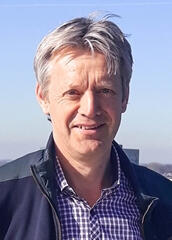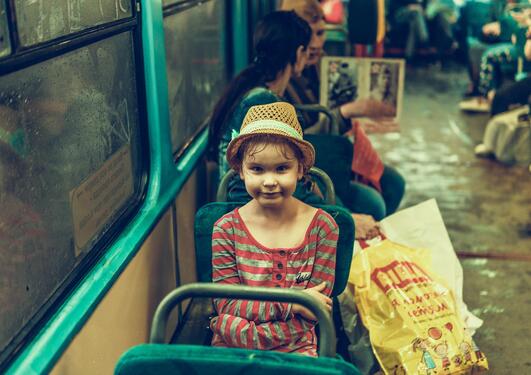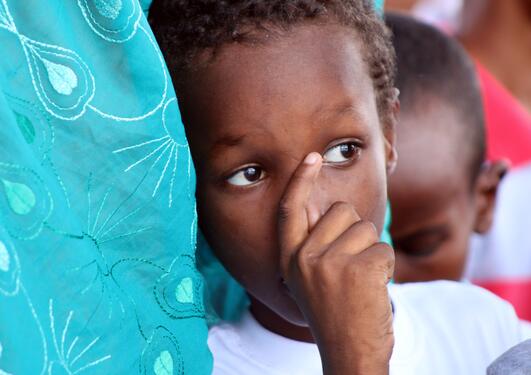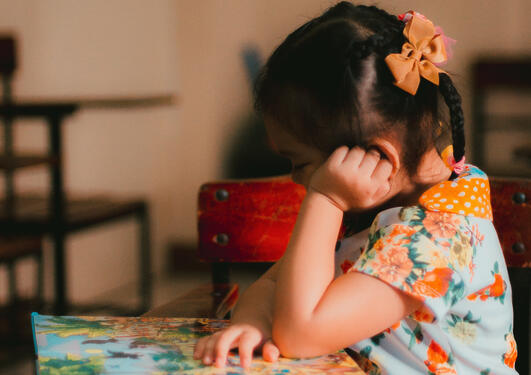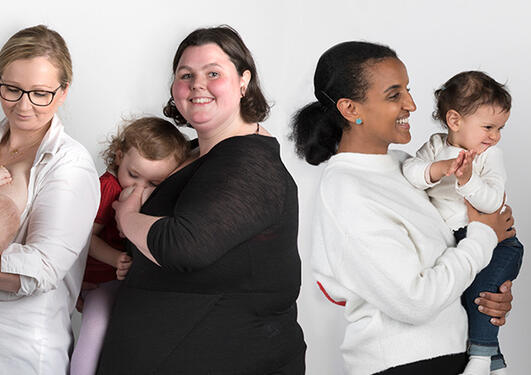A whole child in a whole school – cultivating agency and hope in troubling times

Main content
Arjen Wals
Professor of Transformative Learning for Socio-Ecological Sustainability / UNESCO Chair
Wageningen University, The Netherlands
The prospects of living well and equitably on Earth while remaining within planetary boundaries without compromising the possibilities of future generations (of humans and of other species) to do the same, are not very good. Humanity’s inability to do so at the moment stems from systemic dysfunctional structures and routines based on ‘extractivism’, exploitation, individualization, competition, continuous innovation and growth, and unbridled consumerism.
These structures and routines – whether we call them capitalist, neo-liberal or colonial – affect all life on Earth and can hardly be escaped as we are marinated in them through our work, recreation, play, technology, and, indeed, our education. This realization must have consequences for education if it is to remain or, rather, become relevant, responsive and responsible.
In this lecture I will present those consequences and plea for a re-orientation of all education towards more relational ways of being, which require different qualities and competencies than the one we willingly and unwillingly cultivate in education from the early years. Education will also need to remain hopeful and invigorating to prevent that young people regress to doom, gloom and apathy. A Whole School Approach to sustainability is proposed as a way forward.
Arjen Wals is Professor of Transformative Learning for Socio-Ecological Sustainability at Wageningen University. He also holds the UNESCO Chair in Social Learning and Sustainable Development. Wals is also a Visiting Professor at Norwegian University of Life Sciences where he supports the development of Whole School Approaches & Sustainability.
His recent work focusses on transformative social learning in vital coalitions of multiple stakeholders at the interface of science and society. His teaching and research focus on designing learning processes and learning spaces that enable people to contribute meaningfully sustainability. A central question in his work is: how to create conditions that support (new) forms of learning which take full advantage of the diversity, creativity and resourcefulness that is all around us, but so far remain largely untapped in our search for a world that is more sustainable than the one currently in prospect?
He writes a regular research blog that signals developments in the emerging field of sustainability education: www.transformativelearning.nl
This keynote addess is free and open to the public.
